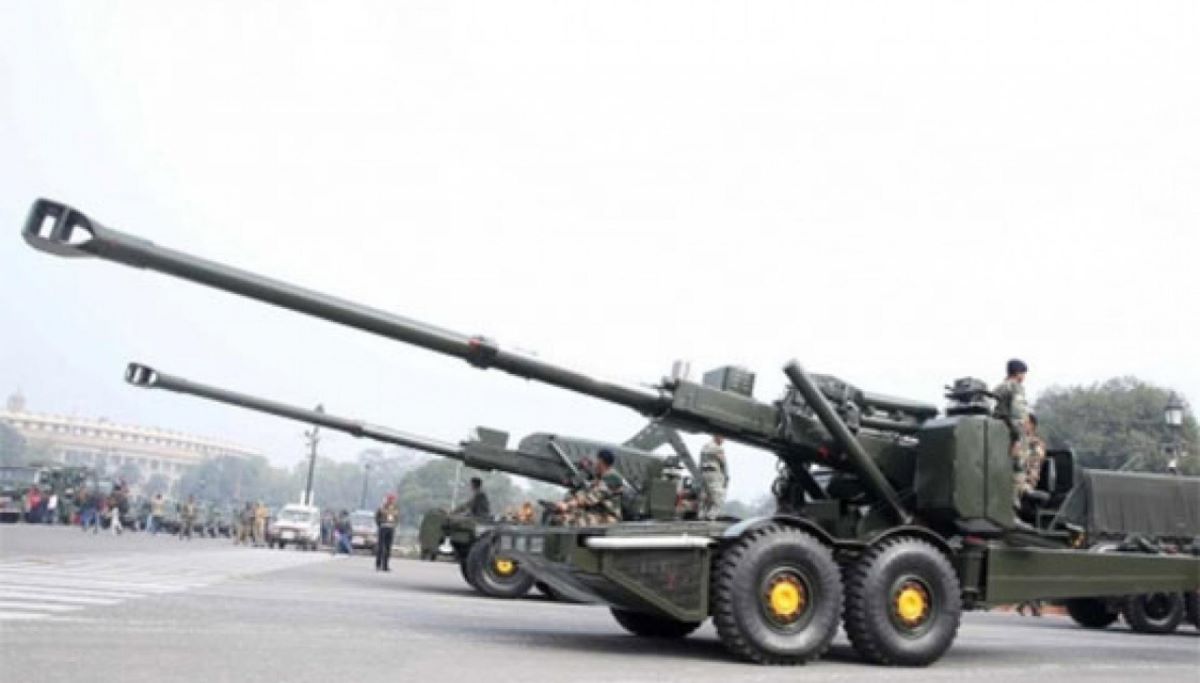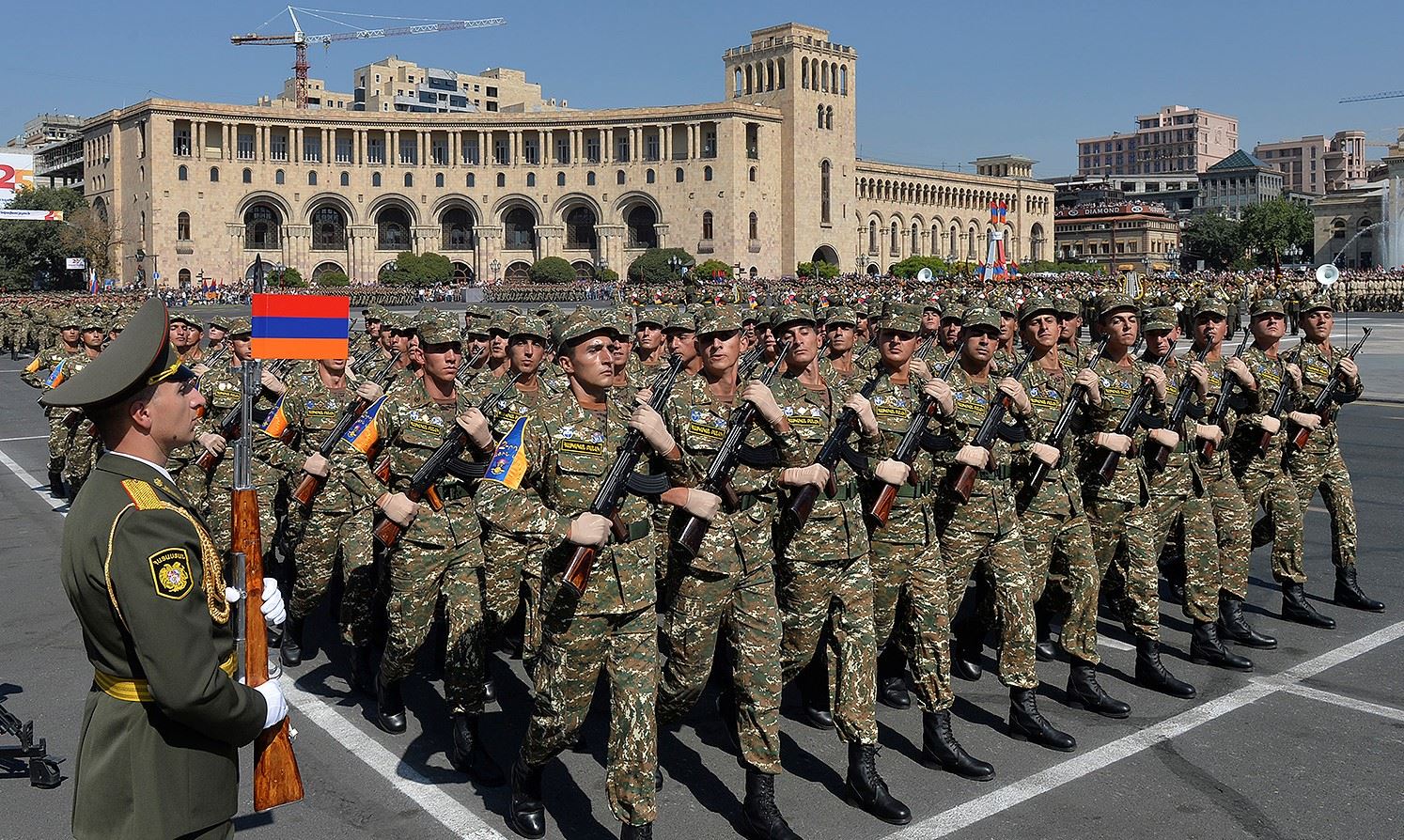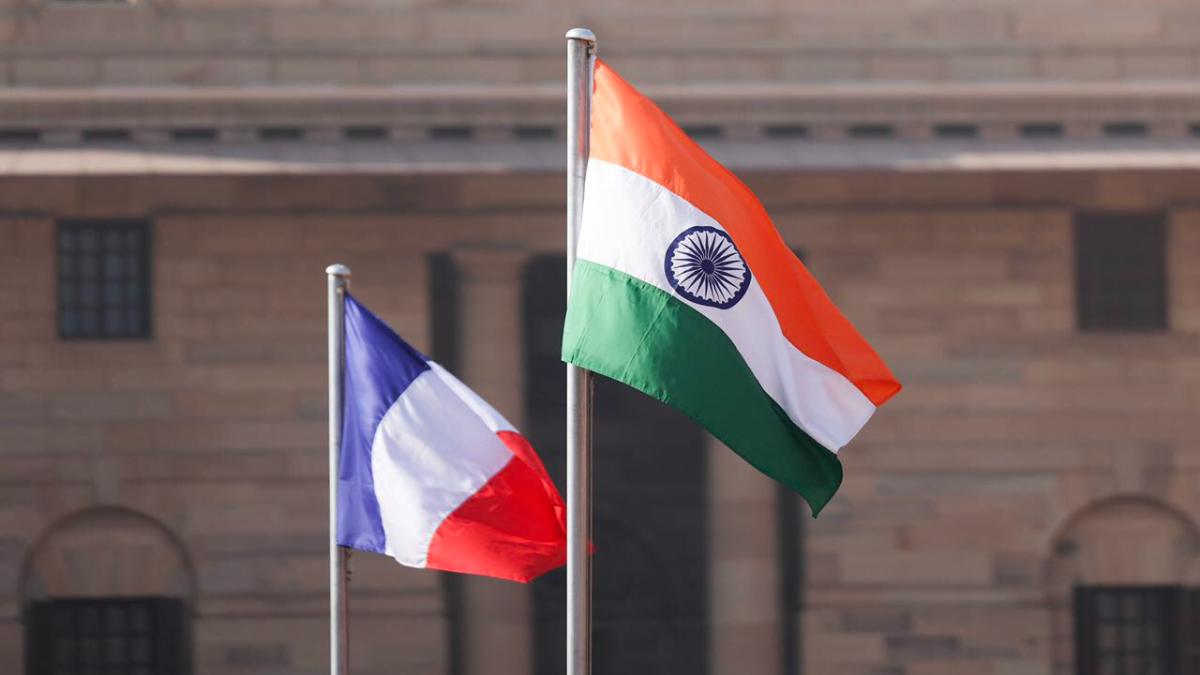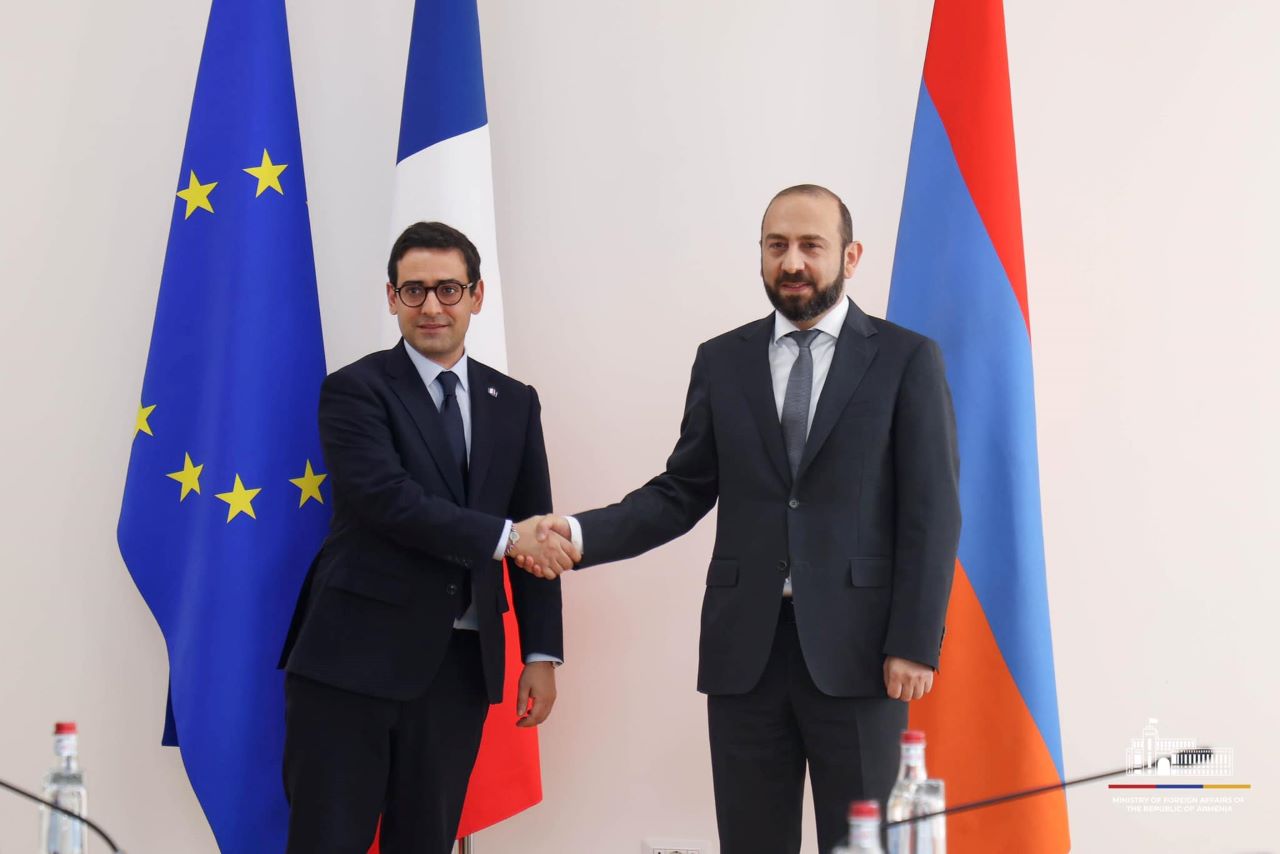
Armenia’s defense sector reforms
Armenian experts are discussing the potential reasons and implications behind statements from Baku regarding Armenia’s alleged “militarization.” They believe these statements, made on various platforms, aim to portray Armenia’s arms purchases as a “threat to peace and stability in the region.”
“The Azerbaijani narrative on Armenia’s militarization is intended as self-justification. When they decide to start a war, they will be able to claim this as their reason for initiating military action. They have similar narratives prepared for this scenario. For example, every two or three weeks, they also spread messages alleging that Armenian armed forces supposedly fired on Azerbaijani positions at the border,” said Leonid Nersisyan, a senior analyst at APRI Armenia and military expert, on a local television broadcast.
He does not rule out the possibility that Azerbaijan might escalate the situation following COP 29. While winter weather conditions may not be favorable, Nersisyan believes the likelihood of escalation will increase in spring 2025. However, he notes factors that could accelerate the decision toward urgent military action.
In his view, possible catalysts include the upcoming U.S. presidential elections and the further intensification of the Iran-Israel conflict. The expert believes that if tensions escalate, Armenia must be prepared to defend itself. To achieve this, it requires adequate weaponry that “raises the cost of attacking it.”
- “Blank shot”: Armenian political analyst on recent statements from Baku
- Yerevan proposes joint investigation of ceasefire violations, no response from Baku
Azerbaijan will not succeed in blocking Armenia’s arms purchases
In response to whether Azerbaijan could prevent Armenia from purchasing weapons, a military analyst noted that this is unlikely to happen through diplomatic channels. However, Baku might attempt to obstruct Armenia’s efforts to forge new partnerships:
“Take France, for example. I believe Azerbaijan miscalculated in its actions. It was actually their actions that helped us deepen our cooperation with France. I saw no signs that France had any strong desire to damage its relations with Azerbaijan. Baku damaged them itself. If the Azerbaijani side continues in the same way, it will achieve nothing.”
“Baku cannot completely block all arms markets for Armenia. However, if Armenia makes significant arms purchases in certain important countries, and corruption factors are introduced into these deals, as happened with Serbia and Slovakia, then they might be able to hinder us to some degree.”
“In 2025, the gap between Armenia’s and Azerbaijan’s military budgets will be the smallest”
There were years when Azerbaijan’s military budget exceeded Armenia’s by five or six times, says Leonid Nersisyan:
“Next year, we will see the smallest gap in military budgets over the past 20 years. The difference will be less than twofold. We must work to ensure this gap continues to narrow each year.”
The expert also reminds that as Armenia acquires weapons, Azerbaijan continues to build up its already powerful arsenal:
“Baku has a serious arms supplier in Israel, which operates quite effectively. The country is strengthening its capabilities in various areas. For instance, they are now enhancing their aviation assets. We have four new fighter jets, while they have 20, plus 12 older ones.”
“Additional investment in air defense is essential”
According to Nersisyan, current arms purchases remain insufficient due to market shortages, particularly in air defense systems. He points out that while Armenia has acquired a considerable number of Akash missile systems from India, these systems cover only one segment—medium-range defense. Indian media report that part of the order will be delivered to Armenia by the end of the year.
He stresses the need for further investment in air defense capabilities.
Following the 44-day war in 2020, Azerbaijan has continued to expand its capabilities, says the expert. Azerbaijan is now purchasing a large number of drones, remotely operated weapons, and cruise missiles:
“The addition of 250-km-range cruise missiles to Azerbaijan’s arsenal means we must adopt a different approach. Air defense needs to be managed very efficiently, utilizing the latest control networks. For instance, if your radar detects five small drones, two large drones, and one Su-25 approaching, your control network should semi-automatically decide that anti-aircraft artillery should target the small drones, the S-300 should engage the Su-25, and the Indian Akash should intercept the large drones. And all of this needs to happen within one or two minutes.”
“New partnerships are needed”
Military analyst Nersisyan highlighted that in recent years, Armenia has been acquiring defensive weapons from India and France. However, he believes that it is essential to explore other promising directions as well:
“South Korea is currently one of the largest manufacturers. Looking at what Poland has ordered from South Korea, it’s clear that it has far outpaced Germany in this field.”
Nersisyan noted that South Korea has invested heavily in its military industry over recent decades and, unlike many European countries, can take on and fulfill large orders.
At the same time, he points out that while South Korean weapons are high-quality, they are also among the most expensive in the world:
“For instance, the K2 tank is considered the most technologically advanced in the world, but a single tank cost over $12–15 million a few years ago.”
“Collaboration with European countries is also essential”
The analyst urges defense policymakers to remember that weaponry and ammunition are not limited to tanks and anti-aircraft systems:
“There are also smaller components that should be considered. In the context of the Russia-Ukraine war, it’s important that any country Armenia wants to partner with not only shows interest in cooperating with Yerevan but also views Armenia as a priority alongside Ukraine. France has shown that it can do this, but we cannot say the same for other countries.”
Nersisyan believes that Armenia’s Ministry of Defense should also collaborate with other European nations, such as Poland, “whose role in the military sphere has been growing recently.”
Follow us – Twitter | Facebook | Instagram
Armenia’s defense sector reforms



